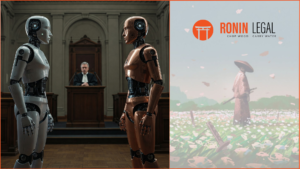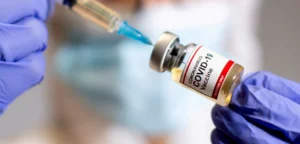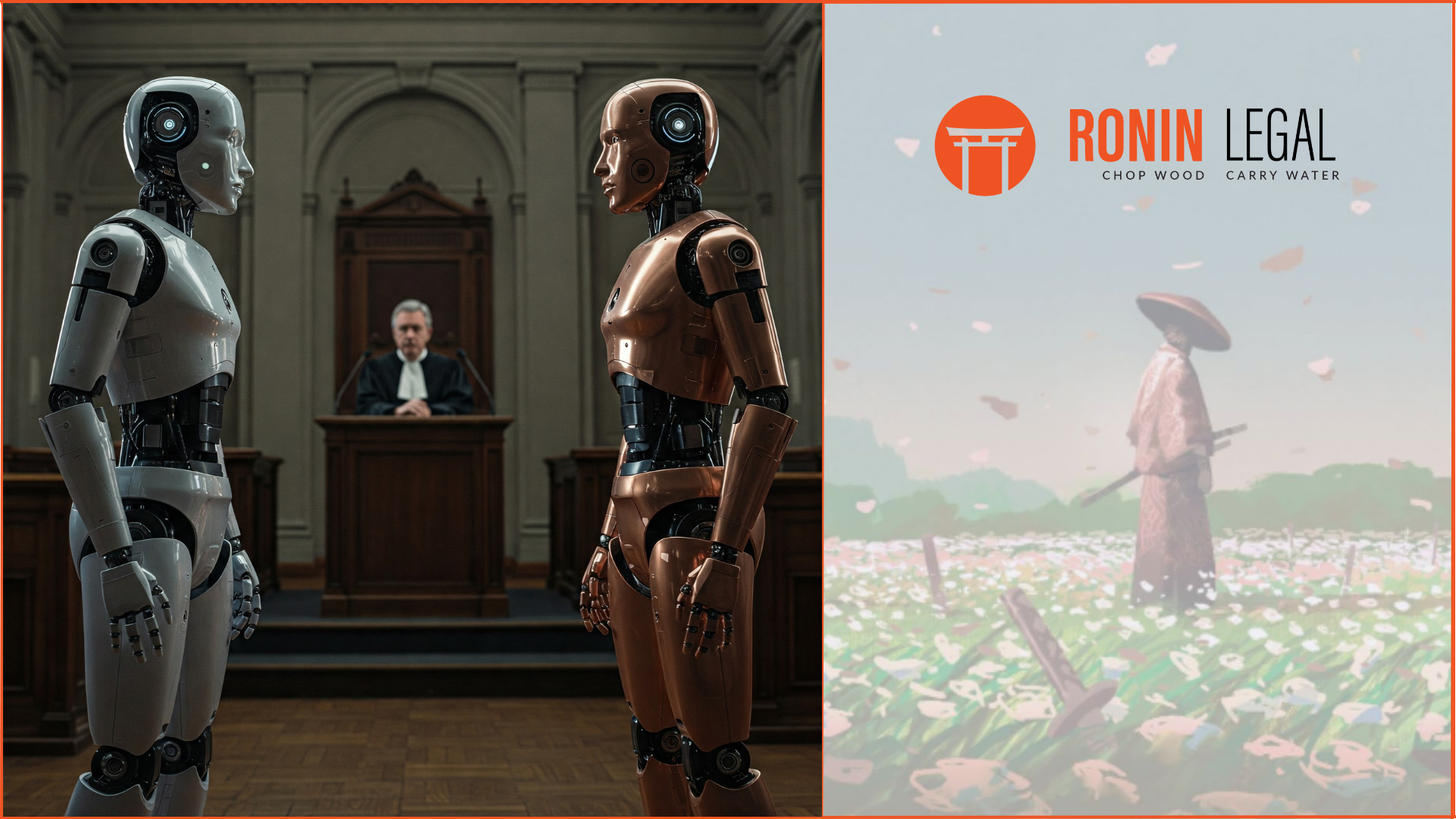Here’s what you’ll find in this week’s AI update:
- Apple removes generative AI apps from China’s App Store
- Google Unveils Med-PaLM M, A Revolutionary Medical AI Model
- Google updates product rating policy: Bans AI-generated reviews
- OpenAI files trademark application for GPT-5
APPLE REMOVES GENERATIVE AI APPS FROM CHINA’S APP STORE
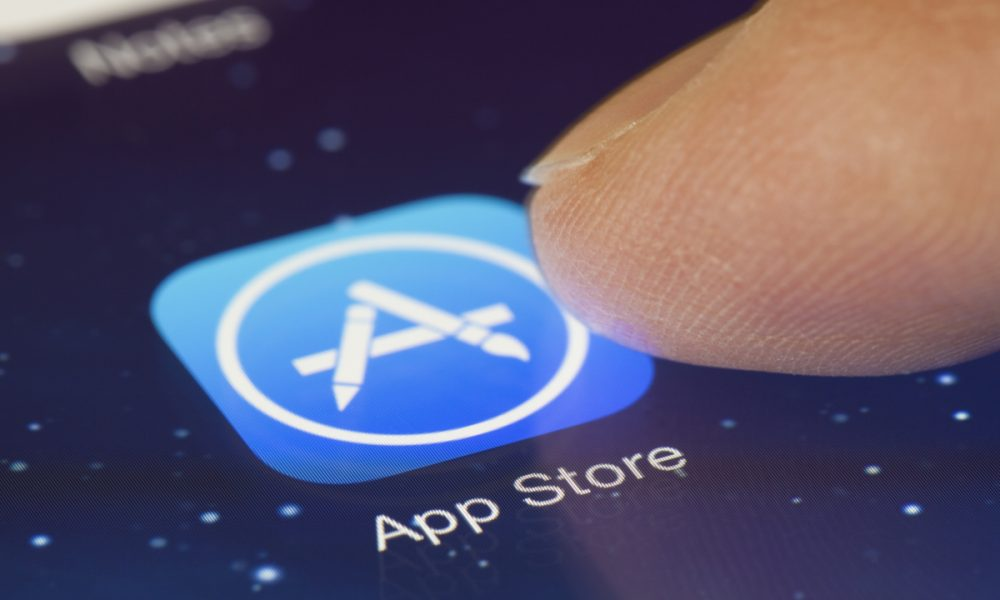
Ahead of China’s new generative AI law which is set to take effect on August 15, 2023, Apple removed numerous generative AI apps from its app store in China. This was done after Apple issued a notice to the developers of such apps citing that China’s new AI regulations rendered the content of such apps illegal.
Among other requirements, China’s generative AI regulations require developers of generative AI systems to obtain a license before its deployment and conduct risk assessments.
GOOGLE UNVEILS MED-PALM M, A REVOLUTIONARY MEDICAL AI MODEL
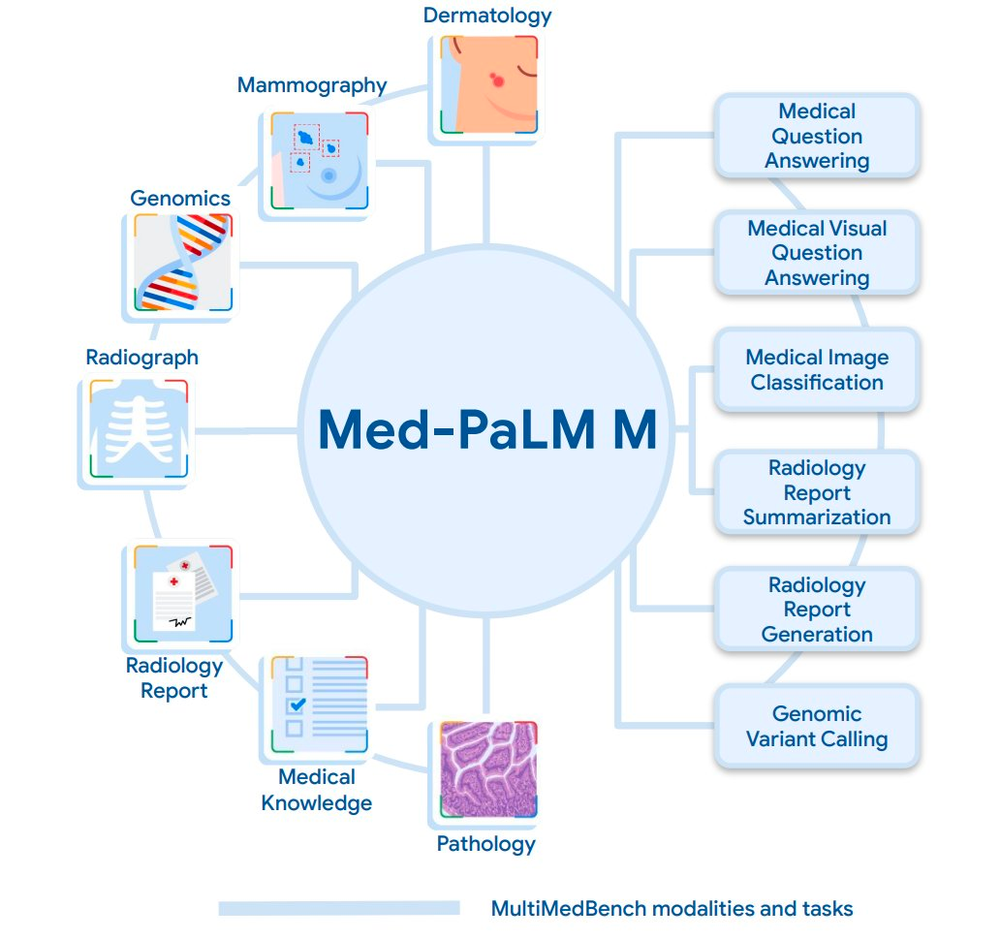
Google Health, Google Deepmind, and Google AI recently launched ‘Med-PaLM M’, a large multimodal generative model capable of encoding and interpreting biomedical data. It was built by fine-tuning PaLM-E, Google AI’s language model using a specially curated open-source benchmark called MultiMedBench. This allows the Med-PaLM M to handle diverse medical data types, including clinical language, medical images, and genomics.
While this has the potential to revolutionize healthcare, it may pose significant risks to privacy.
GOOGLE UPDATES PRODUCT RATING POLICY: BANS AI-GENERATED REVIEWS

On July 28th, 2023, Google updated its Product Rating policy on the Google Merchant Center. The impact of this change is that now, all reviews generated using an automated program or AI application will be marked as spam.
Actions against any violations of the policy may range from disapproving violating content or reviews, issuing warnings, or suspending accounts for repeated or severe offenses.
OPENAI FILES TRADEMARK APPLICATION FOR GPT-5
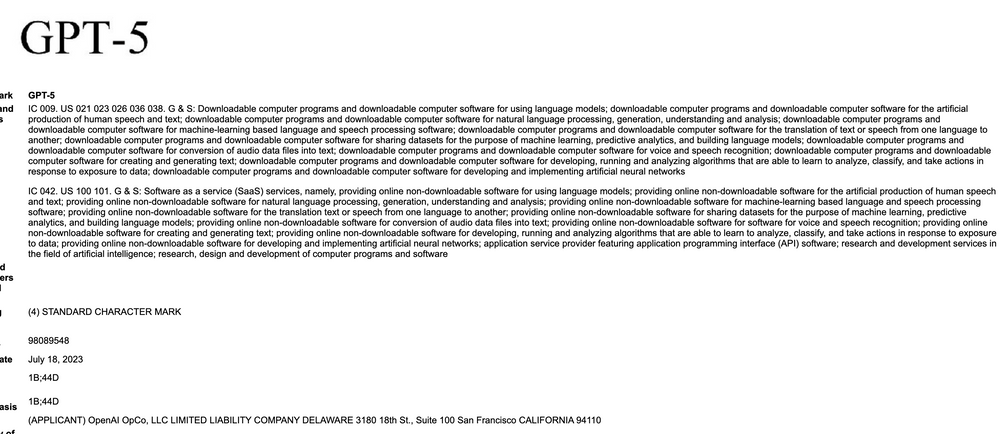
On July 18, 2023, OpenAI filed a trademark application for “GPT-5” with the United States Patent and Trademark Office (USPTO). The application is made under two key trademark classes for downloadable software programs and SaaS services covering a wide range of categories including software, text generation, neural networks, and AI research and development services.
Authors: Anushka Iyer and Vishnu Rao.





